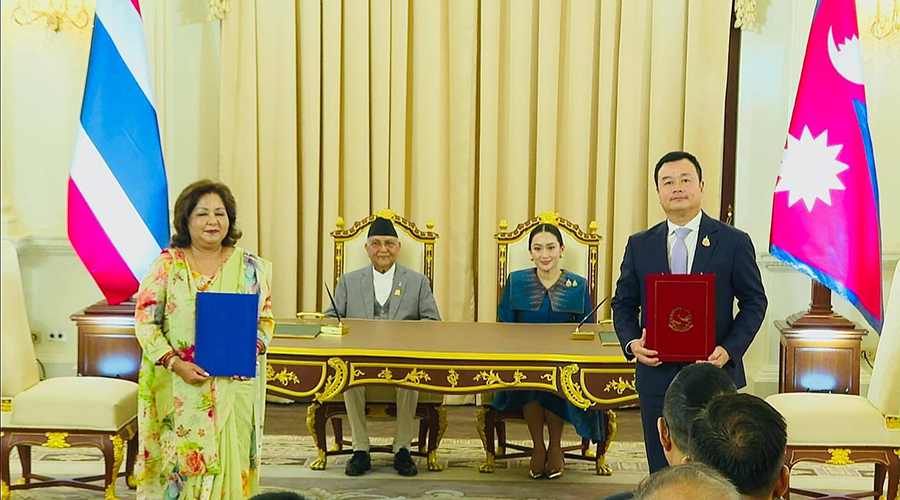
Transnational Education (TNE) is a means to provide access to quality higher education by making globally recognised qualifications from international universities available within students’ home countries.
Whilst this significant shift in global education offers remarkable opportunities, some notable challenges also need to be explored to fully understand what Transnational Education is and what it means for a country such as Nepal.
This mode of study is incredibly beneficial for those unable to afford to travel for education abroad, levelling the playing field and ensuring high-quality educational opportunities without geographic or economic constraints. However, there are concerns that such programmes, especially those that have been rapidly developed in order to meet the growing demand, may not maintain the academic standards of their parent institutions.
This discrepancy further raises questions about the equivalency and recognition of these qualifications when being used by students to apply for further study and employment.
Furthermore, there are concerns that Transnational Education may not fully replicate the cultural and experiential aspects of studying abroad, potentially diluting the international educational experience. This has been echoed by governmental concerns about international university programmes aligning with local educational needs and has been highlighted in recent studies, which have emphasised that educators need to adapt their teaching styles in overseas contexts to suit diverse student groups.
Transnational Education’s growth, therefore, invites critical debate. However, when this argument is perceived in the context of higher education marketisation, it is clear that students are increasingly adopting a customer mindset and evaluating options based on indicators such as national surveys and university rankings. As Sam Gyimah MP’s 2018 speech highlighted, this trend then emphasises the students’ roles in assessing educational quality. As a result, this shift has impacted the quality management of these institutions, which can be assessed directly against their international ranking and standards.
In this way, Transnational Education highlights the importance of maintaining quality standards and preserving the authenticity of the international education experience. It plays a vital role in shaping student outcomes by upholding these high academic standards and fostering cross-cultural understanding – something that is further echoed in the progressive shift that it has made in international education and the accessibility and affordability of quality higher education globally, which has facilitated the removal of barriers to higher education and played a crucial role in making it more attainable by reducing financial burdens.
Learning beyond borders

Transnational Education further provides a distinctive educational experience which prepares students for the global job market and offers an alternative to traditional study abroad programmes. Transnational Education institutes around the world affiliated with the same university can offer semester exchange programmes where students can study the same modules offered by the governing University but in another country. At The British College, for example, the first Transnational Education institute in Nepal to offer semester exchange, students studying a University of the West of England affiliated programme can spend a whole semester in either Thailand, Vietnam, the Maldives, Dubai or Singapore.
This opportunity broadens their academic and cultural horizons, allowing them to combine global perspectives with local contexts and receive invaluable exposure to cross-cultural understanding. This prepares students for the global job market and will enable them to gain valuable skills and knowledge that they can use to develop their own country.
This is especially prevalent as nearly 120,000 students travel abroad every year to pursue higher education, and international programmes have played a significant role in combating this export of quality students from leaving the country. This has further provided a solution for countries like Nepal in supporting their economy, and whilst governmental perspectives on this have been multifaceted, it is recognised that Transnational Education offers internationalisation opportunities and strategic tools for skill development and revenue generation.
So, as Transnational Education institutes continue to introduce global perspectives into local educational contexts and address essential concerns about academic quality and cultural integration, it is undeniable that the ongoing evolution of transnational education continues to influence student and professional prospects whilst shaping governmental policies – making it a subject of continual development in the educational landscape.























